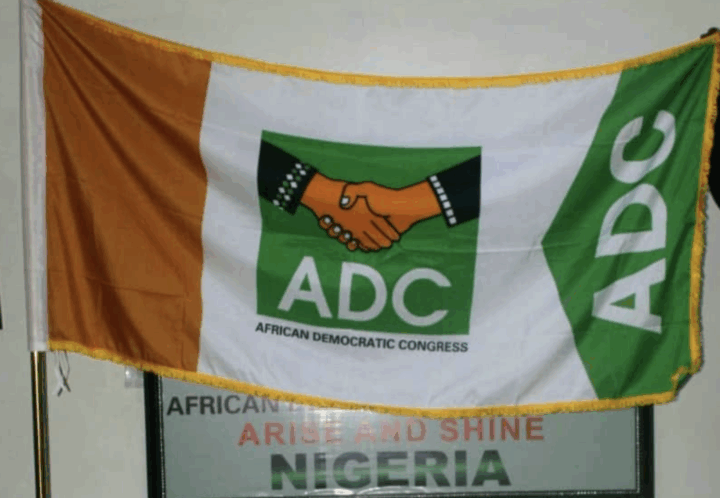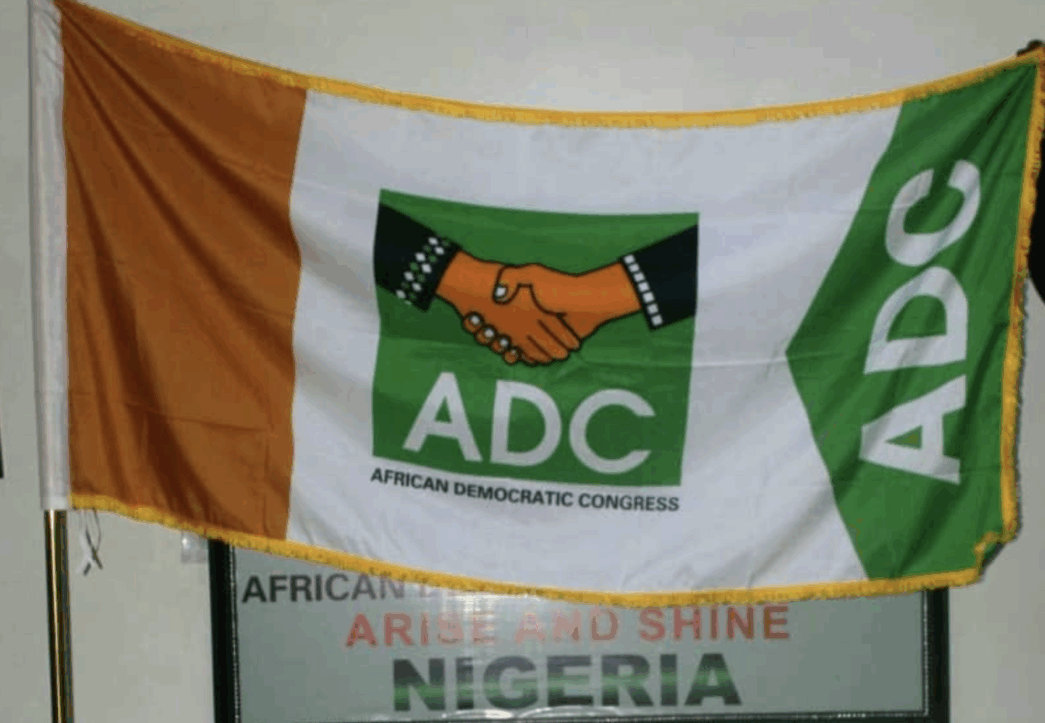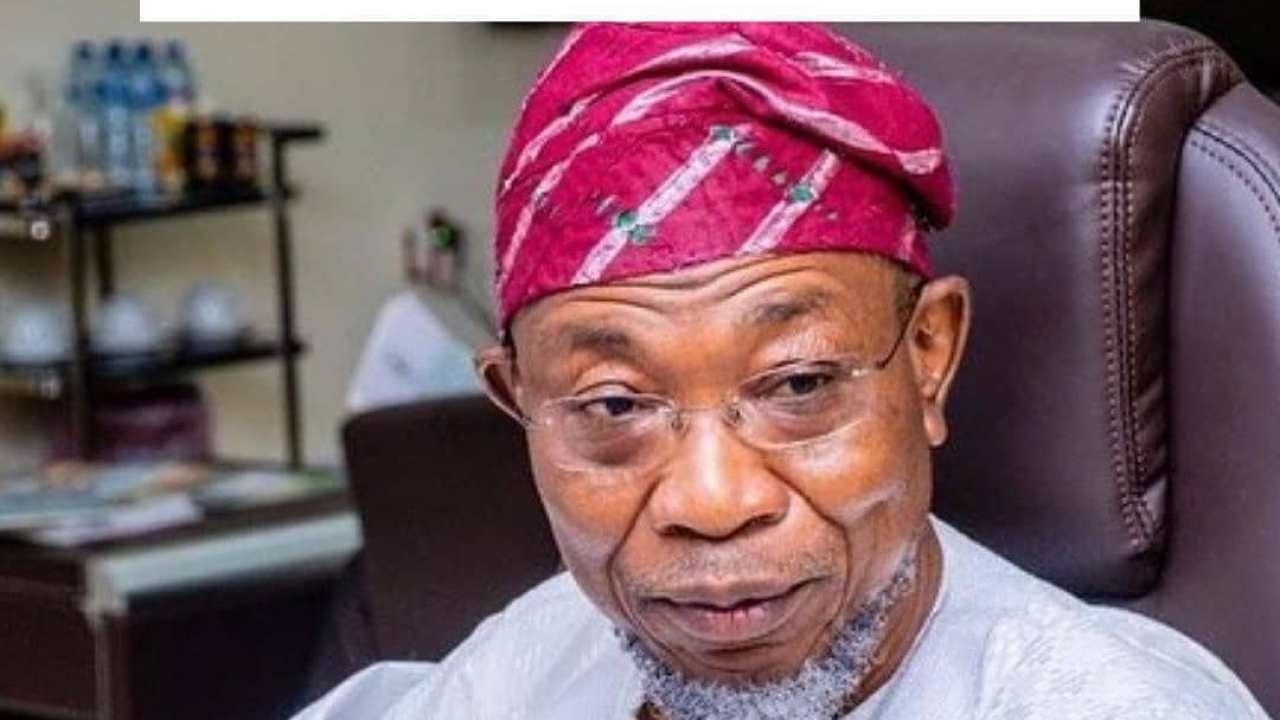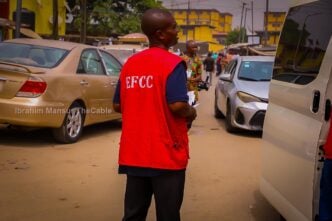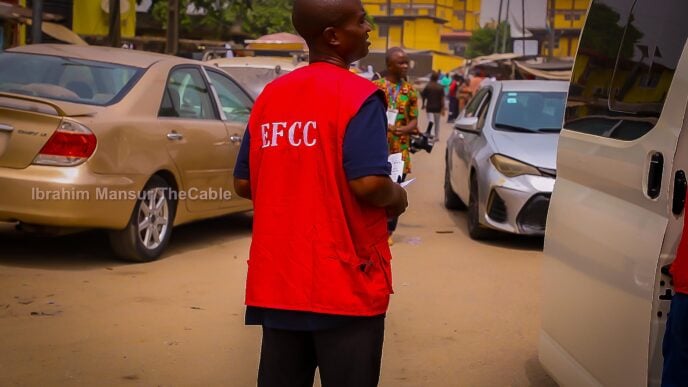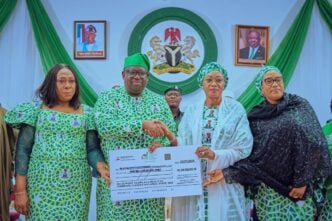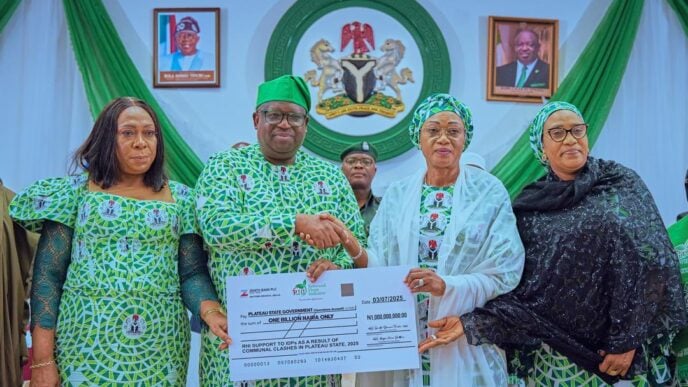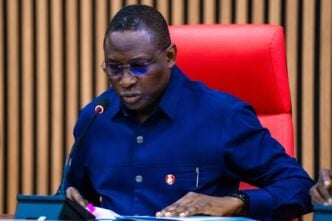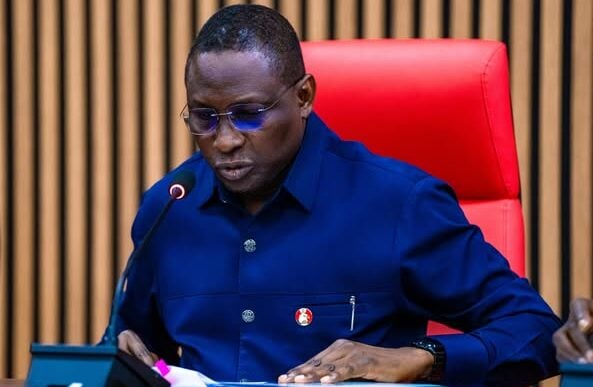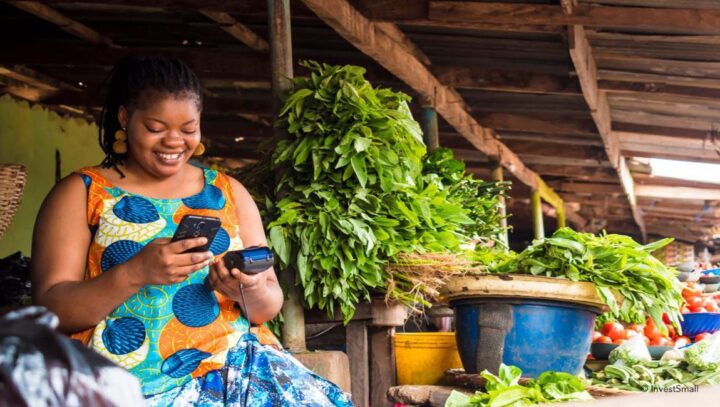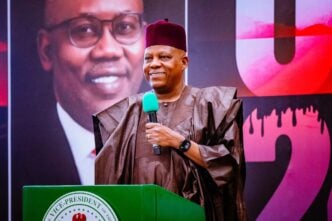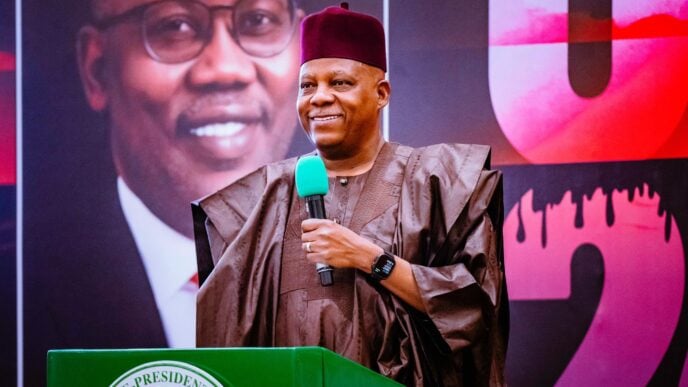As Nigeria gears up for the 2027 general elections, governance has effectively stopped, and we are now in full-on politicking mode. A group of opposition politicians have come together to challenge President Bola Tinubu and the ruling APC. At the heart of this effort is Peter Obi, the Labour Party’s 2023 presidential candidate, who has declared his intention to run again on a Twitter Spaces event, pledging a single term in adherence to Nigeria’s informal north-south power rotation principle.
Initially resistant to an alliance with Atiku Abubakar, Obi joined forces under the African Democratic Congress (ADC) banner, alongside Abubakar and former Kaduna state governor Nasir el-Rufai. The coalition has already attracted defectors, including ex-transport minister Rotimi Amaechi, signalling growing momentum.
However, the coalition’s viability is far from assured. Unlike the APC’s 2015 formation, where Tinubu stepped aside for Muhammadu Buhari, neither Obi nor Atiku appears willing to concede the presidential ticket, risking internal fractures. Compounding this challenge is Nigeria’s deeply entrenched north-south power dynamics. Southern factions argue that the north has dominated the presidency for too long, insisting that Tinubu’s successor — if he serves only one term — should come from the south. Northern elites, however, may perceive this as exclusionary. The coalition must navigate these tensions carefully, crafting a power-sharing agreement that prevents regional divisions from overshadowing its broader objectives.
Internal discord is already surfacing. Dumebi Kachikwu, a former ADC presidential candidate, has rejected the coalition’s adoption of the ADC, citing procedural irregularities — a predictable hurdle in Nigeria’s fractious opposition politics. The inclusion of polarising figures like el-Rufai further complicates matters, particularly among Middle Belt voters who backed Obi in 2023 but distrust el-Rufai’s legacy. If Obi leads the ticket, he must navigate these controversial alliances to retain his reformist appeal. Conversely, the presence of former Buhari administration figures risks painting the coalition as a regrouping of disgruntled elites rather than a credible alternative. A clear, policy-driven vision is essential to counter this perception.
Advertisement
Obi’s Igbo ethnicity adds another layer of complexity. Many in the south-east see his candidacy as a long-overdue opportunity for representation, and if he is not the flagbearer, the coalition must offer significant concessions to retain their support. Financial constraints also loom large. Nigerian elections are notoriously expensive, and with most southern governors aligned with the APC, the opposition may struggle to match the ruling party’s resources. Grassroots fundraising could help, but transparency will be critical in a political climate rife with distrust.
The 2023 elections offer stark lessons: the coalition must prioritise strong candidate selection beyond the presidency to avoid being outmanoeuvred. Atiku’s persistent presidential ambitions also pose a dilemma — at 81, another bid could alienate voters yearning for fresh leadership, whereas a mentorship role might bolster his legacy. Meanwhile, Tinubu, a seasoned political animal, will exploit any opposition missteps, using state machinery and divisive rhetoric to weaken the coalition as 2027 nears.
Nigeria’s economic crisis — marked by hyperinflation, a volatile naira, and widespread disillusionment — adds urgency to the opposition’s task. Obi’s single-term pledge may seem idealistic given the scale of the country’s challenges, and his alliance with establishment figures like El-Rufai and Atiku risks alienating his youth-driven base.
Advertisement
The coalition’s formation is a necessary step, but its success hinges on overcoming internal rivalries, regional tensions, and ideological contradictions. To truly threaten the APC, it must offer more than power arithmetic — it needs a compelling vision for Nigeria’s future. As 2027 approaches, the opposition’s unity — or lack thereof — will determine whether it can break the APC’s dominance or leave Nigerians as spectators in their own political drama once again.
Nwanze is a partner at SBM Intelligence
Views expressed by contributors are strictly personal and not of TheCable.

